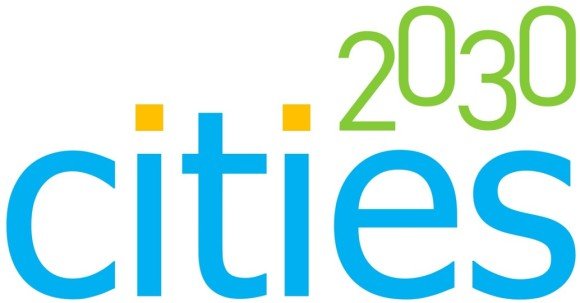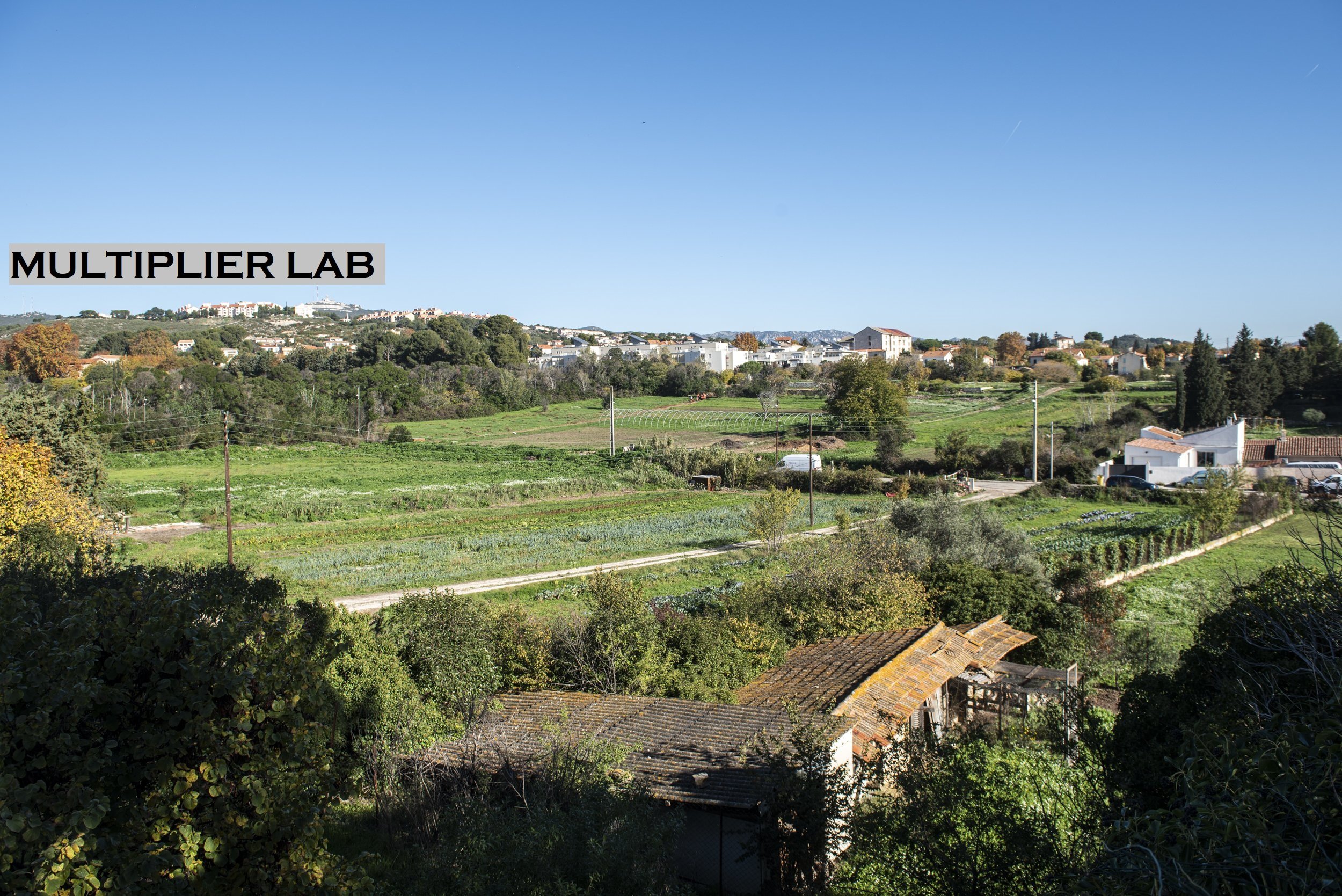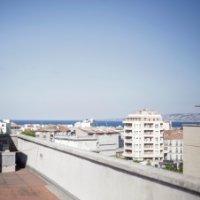Welcome Page
City of Marseille
Marseille is the second largest city in France (860 000 inh.), geographically characterized by a massive urban sprawl and a strong presence of natural aera right next to the City (National Park of Calanques). Since the 60s, the city is living an economic crisis (desintrutrialization, harbour), that led to a strong social crisis dealing with weak public policies to face it. The city is fractured between a "poor" North (40% of people living under the poverty line in 5 districts) and a "rich" South.

Food Business in Marseille
Marseille's region is traditionnally a region of fruits and vegetables production and was self-sufficiant in the 1950s. Today, Marseille's food autonomy is 2,22% (UTOPIES, 2018). 90% of the local production is dedicated to exportation, whereas 90% of what is consumed is imported (Chambre d'Agriculture 13, diagnostic PAT). Marseille still have a great potential for a local production both in terms of pedoclimatical conditions but also in terms of available land (around 230ha, CA13 + CITAG, 2018). The city itself is also characterized by huge disparities in terms of access to sustainable food (geographical and economical access) with multiple urban food deserts localized in the north of the city.
CITAG observed a strong mobilization among civil society and economic development about sustainable food and agriculture subjects in the last few years. In 2019, we identified 333 initiatives inside the city connected to the agroecological transition (retail, comunity gardens, restaurants, NGO's, urban farming etc...).
Marseille signed the Milan Urban Food Policy Pact in order to pursue the agenda of sustainable food system and leverage the city’s potential to positively influence the development.
La Cité de l'agriculture (CITAG) is part of the Cities2030 project to support our ambition and our actions towards more resilient and sustainable cities through the transition of our agriculture and food systems. To develop access to sustainable food has major benefits in different fields, i.e. health, social link, economy, job creation etc.. The development of urban farming also has a lot of benefits in order to adapt cities to climate change and make urban spaces more resilient, for example improved air quality, health, social link, heat islands, biodiversity etc. Food is a great vehicle for a major change towards ecological transition. For CITAG, the Cities2030 collaboration and pilot project is a great occasion to connect and discuss our actions with other cities across Europe. It is always a good way to exchange good practices and improve our impact on food systems. As the EU has a significant weight in terms of public policies
in the agricultural and food sector (CAP etc.), it is very interesting to think of the CFRS at this level.

Marseille focus areas
- Sustainable food access for deprived populations (access devices and sensibilization in a logic of empowerment)
- Mutualization among urban agriculture (agro-ecological skills, material, human resources)
- Foster cooperation on the whole food chain for a drastic change.
- Create vocations and train for new professions.
- Develop land access to facilitate installation of new producers, transformators etc.
PARTNERSHIP
La Cité de l'agriculture is the only regional and national Cities2030 partner in France but will be involving several entities and stakeholders we are already working with :
- Local authorities : Ville de Marseille (municipality), Métropole Aix Marseille Provence (metropolitan scale), Département des Bouches du Rhône, ADEME (National Agency for Ecological Transition)
- Economic organizations working on the whole chain : Pain et Partage (logistics), urban agricultors (production), transformators, Les Alchimistes (recycling and composting) etc...
- Historical stakeholders in conventional agriculture : Chambres d'agriculture, unions, SAFER etc...
- Local NGO's working on food access (Cocagne, CIVAM, UGESS etc...)
- Comunity centers, schools and inhabitants of the 15th district
- Local incubators in the Social Solidarity Economy Sector - Research : INRAE, Aix Marseille University


